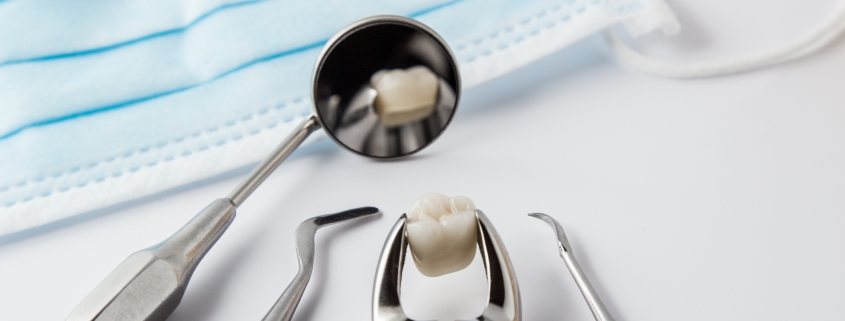Tooth Extraction in Children
In some cases, your child may need to have a tooth extracted. Pediatric dentists usually recommend that these extractions be performed in different positions. Here are some things in which a child may need to have a tooth extracted.
Severely damaged teeth: If your child has a mouth injury, he or she may break his or her teeth or become loose from the impact. This could be due to a car accident, sports injury, skating boarding time, cycling, or a variety of other reasons. In such cases, you should make an appointment with an emergency dentist as soon as possible. They can examine the child and help if the tooth is compensable.
In some cases, the pediatric dentist puts a veneer or cap on the broken tooth, but in other cases, this may not be the only way to save the tooth. So the dentist sees the possibility of needing a tooth extraction. The child can be placed under local anesthesia in addition to receiving nitric oxide. So it will be a painless method.
Decayed teeth: There have also been cases where a child’s teeth may be so decayed that they need to be pulled. For example, if a child has very deep caries in his front baby teeth, the dentist recommends that the tooth be extracted. However, this usually happens in very severe cases.
Caries occur when the sugar in food and beverages is eaten by bacteria in the mouth and produces acid. Every time your baby eats sugary foods, these acids attack the enamel, causing it to soften and break down. The acid attack may continue for up to an hour after eating or drinking sugary foods, until the natural salts in the saliva re-enamel and harden the enamel. It is not just sugar that can damage teeth: Other types of carbohydrates can also be consumed by bacteria and produce acid. (These are “fermentable” carbohydrates: for example, “hidden sugars” in processed foods, natural sugars in fruits, and cooked starches.) Always pay attention to the contents.
Eating sugary and acidic foods and drinking between meals can increase the chance of decay because your baby’s teeth are constantly attacked and they do not have time to recover. That’s why it’s important for your child not to eat sugary foods on a regular basis throughout the day.
Extraction of wisdom teeth: Wisdom tooth extraction usually occurs when the patient is a teenager, but in some cases, dentists recommend that younger children can also have their teeth extracted. This surgical procedure can be performed under local anesthesia.
Preparation for orthodontic treatment: One of the reasons dentists always try to hold their child’s teeth is because they can be a guide for their permanent and adult teeth. Basically, baby teeth play the role of a permanent tooth retainer. Prevents other teeth from moving to the point where the adult tooth has already grown.
However, in some cases, dentists need to take the opposite approach. Instead of saving and maintaining deciduous teeth that preserve permanent tooth space, deciduous teeth need to be extracted. If that tooth has crowded the child’s mouth, or blocked the growth of a new tooth, tooth extraction is necessary. This is usually done as part of orthodontic treatment.

